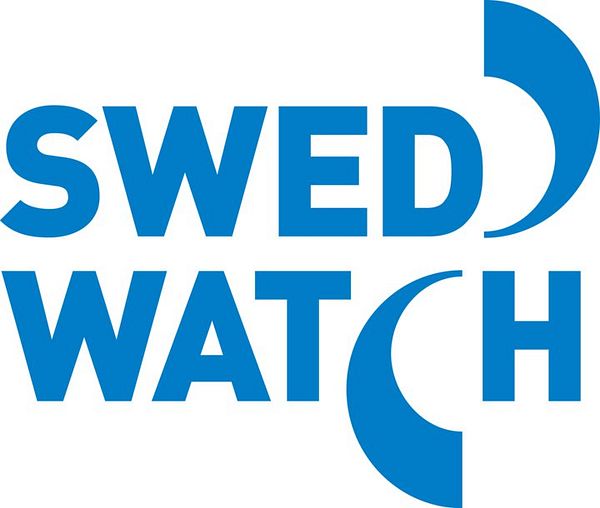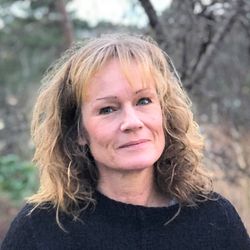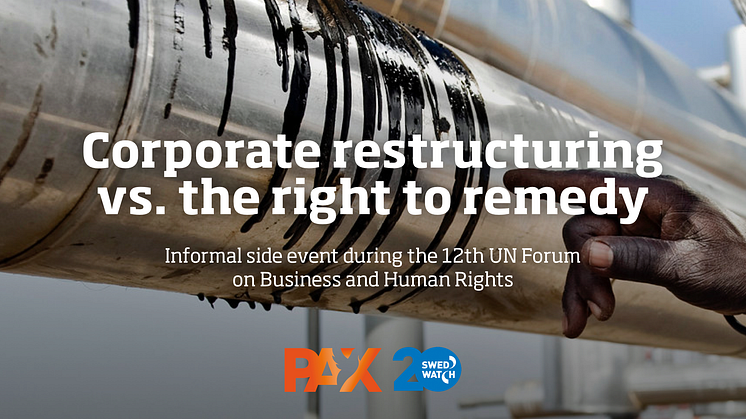
Pressmeddelande -
Lundin Energy: Swedwatch files complaints against Aker BP and Aker ASA for failing to comply with the OECD guidelines
Thousands of people whose human rights were impacted by the operations of Swedish oil company Lundin Energy could end up without remedy when the company sells its assets to Norwegian Aker BP. Today, Swedwatch and seven other NGOs file a complaint against Aker BP and its owner Aker ASA for failing to comply with the OECD guidelines for multinational enterprises.
On March 31, the AGM of Lundin Energy voted in favor of selling the company’s oil- and gas assets to Aker BP. If the deal takes place, Lundin Energy will lack sufficient resources to remedy the thousands of people who were impacted by the company’s operations during the civil war in Sudan.
Today, Swedwatch together with seven NGOs are filing complaints against the buyer Aker BP and its major owner Aker ASA, for failing to comply with OECD guidelines adopted to ensure that companies act responsibly. All OECD member states are committed to promote the guidelines, that include respect for human rights in business operations.
The complaints are filed with OECD’s National Contact Point in Norway, and state that the buying companies did not perform any analysis on how the acquisition of Lundin Energy's assets affects those impacted or their chances of receiving remedy.
- Through this acquisition, Aker becomes connected to Lundin Energy's dark past in Sudan. The deal was made without any form of consideration for those impacted and without adhering to the OECD guidelines, says Olof Björnsson, researcher at Swedwatch who has covered the issue for several years and is the author of the report Fuel for Conflict on the responsibilities of institutional investors with shares in Lundin Energy.
Together with the other complainants, Swedwatch requests that the acquisition is postponed until it can be completed in a manner that takes the human rights of those impacted into account. The complaint also requests that the impacts of Lundin Energy’s operations in Sudan are thoroughly assessed through consultations with those impacted and that the companies ensure that the human rights impacts are remedied – either by Aker BP or by retaining sufficient funds in Lundin Energy.
In November of 2021, the chairman of the board and former CEO of Lundin Energy were indicted for complicity in grave war crimes committed when the company was prospecting for oil in Sudan between 2000 and 2003 during the civil war. According to the indictment, the two men were complicit in crimes committed against civilians by the Sudanese military and its allied militias for the purpose of enabling oil extraction. According to the Swedish prosecutor, many civilians were killed, injured and displaced in violation of international humanitarian law – known as the laws of war.
- Lundin Energy has stated that their current oil assets in Norway, that are now being sold to Aker, were purchased with the profits from their operations in Sudan. So, the connection really is very clear, says Olof Björnsson.
Swedwatch welcomes the trial and the fact that the events during the oil wars in Sudan are finally tried in court. But even if the two men are convicted, it is only the around 30 plaintiffs in the court case that may be compensated. A conviction will not compensate the thousands of people who still live with the consequences of the company's actions during the civil war. Providing victims with remedy will be even more unfeasible should the Aker acquisition go through.
- The problem with the merger is that the money is moved to another company, while the human rights impacts remain the responsibility of Lundin Energy. Thus, Aker BP is playing a role in preventing those impacted from receiving remedy, says Olof Björnsson.
FACTS
The OECD Guidelines for Multinational Enterprises are recommendations addressed by governments to multinational enterprises operating in or from adhering countries. They provide non-binding principles and standards for responsible business conduct in a global context consistent with applicable laws and internationally recognized standards. The Guidelines are the only multilaterally agreed code of responsible business conduct that governments have committed to promoting.
The National Contact Points NCPs are agencies established by governments to promote the OECD Guidelines for Multinational Enterprises, and related due diligence guidance, and to handle cases as a non-judicial grievance mechanism. To date, 50 governments have an NCP.
The Norwegian NCP is organized as an expert body tasked with following up on Norway's obligations under the OECD Guidelines for Multinational Enterprises
The two complaints are attached.
Ämnen
Kategorier
Swedwatch är en ideell och politiskt obunden researchorganisation. Vårt mål är att företag, investerare och stater ska ta ansvar för mänskliga rättigheter och miljö och att rättighetsinnehavare kan göra sina röster hörda.



